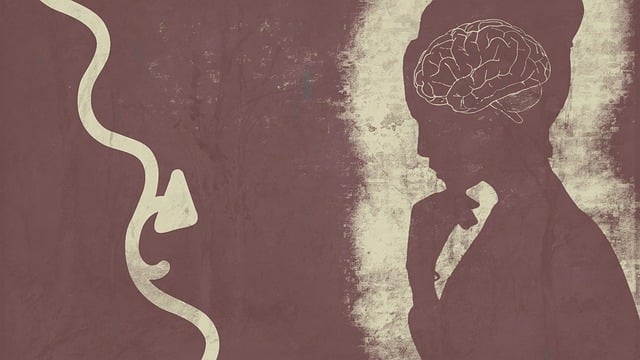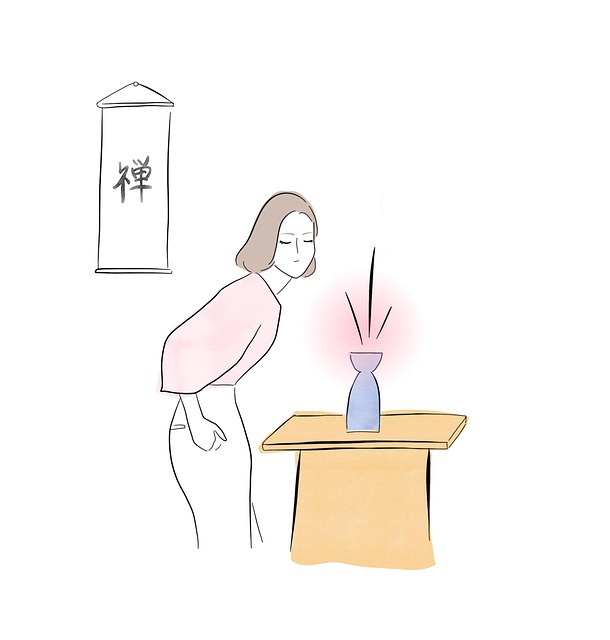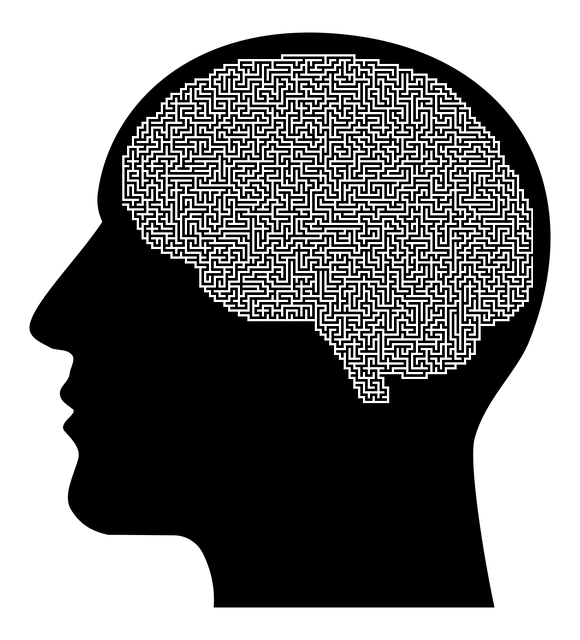In today's diverse society, mental healthcare professionals, like those at Castle Rock Anger Management Therapy, must be culturally sensitive to provide effective treatment. They assess intergenerational trauma, acculturation stress, and family dynamics, integrating self-care for their own well-being. By understanding and respecting cultural backgrounds, therapists create inclusive environments, improving patient engagement and personalized guidance. Through tailored approaches like empathy building, trauma support, and stress reduction methods, Castle Rock Anger Management Therapy offers holistic care that is culturally sensitive and impactful, fostering open communication and community resilience.
In today’s diverse society, cultural sensitivity in mental healthcare is paramount. The article explores how Castle Rock Anger Management Therapy navigates this landscape, delving into understanding cultural diversity and its impact on therapy outcomes. We present strategies for culturally responsive practice, highlighting successful initiatives at Castle Rock. Additionally, we discuss building inclusive care and community engagement to ensure effective, empathetic mental healthcare for all.
- Understanding Cultural Diversity in Mental Healthcare
- The Impact of Cultural Sensitivity on Therapy Outcomes
- Strategies for Culturally Responsive Practice at Castle Rock Anger Management Therapy
- Building Bridges: Fostering Inclusive Care and Community Engagement
Understanding Cultural Diversity in Mental Healthcare

In today’s diverse society, mental healthcare professionals must be equipped to understand and navigate cultural sensitivity. This involves recognizing and appreciating the unique backgrounds, beliefs, and practices that shape individuals’ experiences with mental health issues. Cultural diversity enriches therapy rooms, offering a chance for more holistic and effective treatment. For instance, Castle Rock Anger Management Therapy benefits from this awareness when addressing cultural nuances related to anger expression and management.
A comprehensive risk assessment for mental health professionals is essential to ensure they can deliver culturally sensitive care. This includes understanding the impact of intergenerational trauma, acculturation stress, and the role of family dynamics across different cultures. By integrating self-care practices that promote mental well-being, professionals can better support clients seeking anxiety relief. Effective therapy then becomes a safe space where individuals from various cultural backgrounds feel heard, understood, and empowered to heal.
The Impact of Cultural Sensitivity on Therapy Outcomes

In the realm of mental healthcare, cultural sensitivity is a game-changer that significantly influences therapy outcomes. By embracing and understanding diverse cultural backgrounds, practices like Castle Rock Anger Management Therapy can create an inclusive environment, fostering better patient engagement. This is particularly crucial when addressing issues such as stress management, which often manifest differently across cultures. For instance, what constitutes a healthy coping mechanism in one culture might be altogether foreign to another. Therefore, therapists must be equipped with the knowledge and skills to adapt their approaches, ensuring effective treatment regardless of a client’s cultural identity.
When a therapist demonstrates cultural sensitivity, it becomes easier for patients to open up about their struggles, including those related to crises. This openness paves the way for more personalized guidance, such as crisis intervention, where understanding cultural nuances can make all the difference in managing and resolving high-stress situations. Moreover, positive thinking, which is a key aspect of many therapeutic interventions, can be tailored to resonate with various cultural perspectives, enhancing the overall success of therapy. Thus, organizations like Stress Management Workshops aim to empower mental health professionals to provide culturally sensitive care, ultimately improving patient outcomes.
Strategies for Culturally Responsive Practice at Castle Rock Anger Management Therapy

At Castle Rock Anger Management Therapy, we prioritize culturally responsive practice to ensure every client receives care that respects and embraces their unique background. Our strategies for achieving this include actively listening to clients’ stories with empathy, validating their experiences, and incorporating cultural elements into therapy sessions where appropriate. By understanding and appreciating the diversity of our clients, we create a safe space that fosters open communication.
We leverage Empathy Building Strategies to connect with clients on a deeper level, promoting trust and collaboration. Additionally, our therapists are trained in Trauma Support Services, enabling us to provide specialized care for individuals who have experienced traumatic events. We also offer Stress Reduction Methods tailored to different cultural contexts, recognizing that effective therapy goes beyond universal techniques. Through these approaches, Castle Rock Anger Management Therapy aims to deliver holistic mental healthcare that is both culturally sensitive and profoundly impactful.
Building Bridges: Fostering Inclusive Care and Community Engagement

In a diverse society like ours, mental healthcare professionals must strive to build inclusive environments that resonate with individuals from various cultural backgrounds. This involves recognizing and respecting unique community norms and values, ensuring accessibility, and fostering a sense of belonging. By embracing cultural sensitivity, practices like Castle Rock Anger Management Therapy can transform the therapeutic experience, encouraging open communication and enhancing patient engagement.
Community engagement plays a pivotal role in this process. Through partnerships with local organizations and initiatives focused on resilience building and self-care practices, mental health services can be tailored to meet specific needs. This collaborative approach not only improves stress management but also strengthens community ties, creating safe spaces where individuals feel empowered to seek help without barriers.
In conclusion, cultural sensitivity is a cornerstone of effective mental healthcare. By understanding and addressing cultural diversity, as demonstrated by strategies at Castle Rock Anger Management Therapy, therapists can significantly improve therapy outcomes. Fostering inclusive care and engaging with communities ensures that services are accessible and responsive to the unique needs of diverse populations. This approach not only enhances therapeutic effectiveness but also builds stronger, more connected communities.














